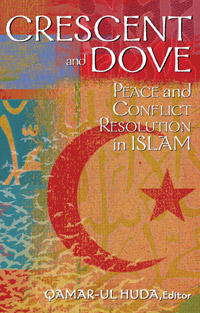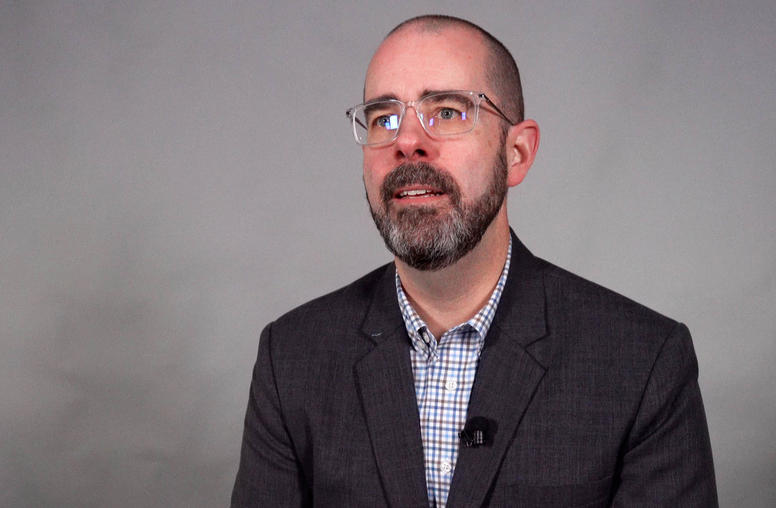Peacebuilding and Conflict Resolution in Islam
Please join USIP's Qamar-ul Huda and this panel of experts as they celebrate the publication of Cresent and Dove; Peace and Conflict Resolution in Islam, published by USIP.
 It is nearly impossible to speak about contemporary Islam without referring to the subject of violence. Behind the explosive headlines and images of violence, there is a neglected story of how ordinary Muslims around the world, including in the U.S., draw on their faith and tradition to build peace, engage in dialogue, resolve conflict, and use nonviolent strategies in everyday affairs. There are existing principles, tools, and resources inherent in Islam to promote cooperation and resolve conflict nonviolently.
It is nearly impossible to speak about contemporary Islam without referring to the subject of violence. Behind the explosive headlines and images of violence, there is a neglected story of how ordinary Muslims around the world, including in the U.S., draw on their faith and tradition to build peace, engage in dialogue, resolve conflict, and use nonviolent strategies in everyday affairs. There are existing principles, tools, and resources inherent in Islam to promote cooperation and resolve conflict nonviolently.
This event celebrates the publication of "Crescent and Dove: Peace and Conflict Resolution in Islam" edited by Qamar-ul Huda, published by U.S. Institute of Peace. The panelists will discuss ways in which Muslim religious leaders and community leaders are involved in nonviolence peacebuilding. Moving beyond juridical interpretations of just war theory, panelists will provide examples of nonviolent interventions, peacemaking activities by Muslim women, the implementation of human rights, the reinterpretation of texts to reframe the debate of violence, and employing successful mediation skills in an Islamic context.
Speakers
- Qamar-ul Huda
U.S. Institute of Peace
- Waleed El-Ansary
University of South Carolina
- Ayse Kadayifci
Associate Director of the Salam Institute
- Amr Abdalla, Discussant (tentative)
Vice Rector for Academic Affairs, University for Peace
- David Smock, Introductory Remarks and moderator
U.S. Institute of Peace
Explore Further
- Watch the book video trailer
- Read further about "Dove and Crescent: Peace and Conflict Resolution in Islam"
- Read Praise for "Crescent and Dove"



